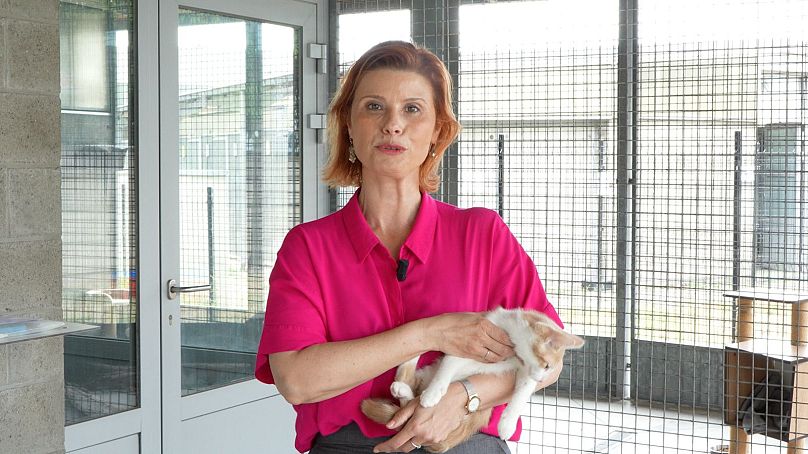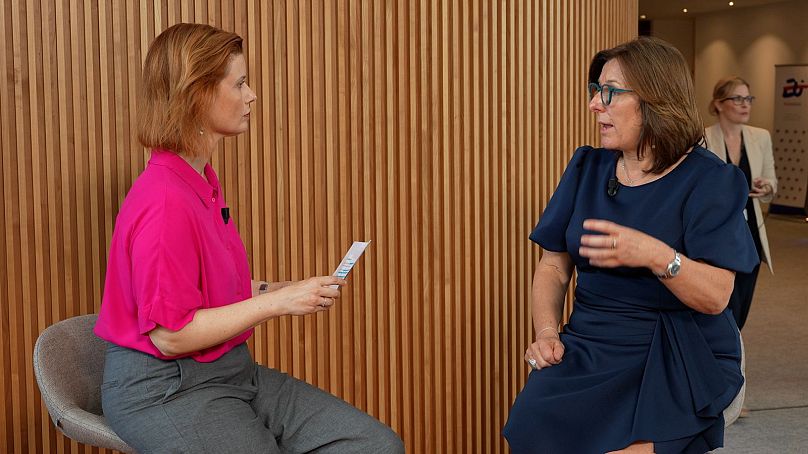The EU has created its first law on the welfare of dogs and cats to be applied across the bloc, targeting illegal trade and harmful practices. A regulation that was long overdue, considering that 44% of EU households have a pet and it's a billion-dollar business.
The upcoming legislation sets minimum rules for the entire EU, such as mandatory microchipping and registration of dogs and cats born in or imported into the bloc.
 ADVERTISEMENT
ADVERTISEMENT
 ADVERTISEMENT
ADVERTISEMENT
Dog registration is already mandatory in 24 of the 27 EU Member States, and only in 7 for cats. As those systems are fragmented, a future common online data base should tackle the problem, said Tilly Metz, an MEP from the Green group and shadow rapporteur for the regulation.
"It is now the responsibility of the European Commission to implement a system that works in all member states, so that we can guarantee interoperability and real traceability of the animal throughout Europe," Metz told Euronews.
The EU dog and cat trade is worth 1.3 billion euros annually. Around 60% of owners purchase them online, which has led to opacity regarding the origin of the animals, their health and whether they are vaccinated.
According to a study by the European Commission, the main countries of origin for the illegal animal trade are Romania and Hungary, both EU members, and the third countries Russia, Belarus, Serbia and Turkey.
"That's why we also want the animal to be registered as quickly as possible when it enters the European Union and we have been advocating that this should happen at the border," the MEP added.
End 'animal mills'
The European Parliament also defends a ban on the sale of dogs and cats in pet shops in an amended proposal to the law approved this month.
Inappropriate practices in the breeding of these pets are also being addressed, by imposing limits on the number of litters a female can have.
"The maximum is three litters in a two-year period, followed by a one-year break. This is because frequent pregnancies lead to malnutrition or weakening of the immune system," said Gerardo Fortuna, a Euronews reporter who has been covering the new law.
"It is one of the ways to curb the phenomenon of puppy mills, that has both support of the Council and Parliament," he added.
To avoid consanguinity, the crossbreeding between parents and children, grandparents and grandchildren, as well as between siblings and half-siblings will be prohibited.
Although cats and dogs make up 90% of Europeans' pets, the law could be soon enough extended to other companion animals, with the permitted species to be defined in a so-called "Positive List", an idea proposed by the European Parliament.
Watch the video here!
Journalist: Isabel Marques da Silva
Content production: Pilar Montero López
Video production: Zacharia Vigneron
Graphism: Loredana Dumitru
Editorial coordination: Ana Lázaro Bosch and Jeremy Fleming-Jones












